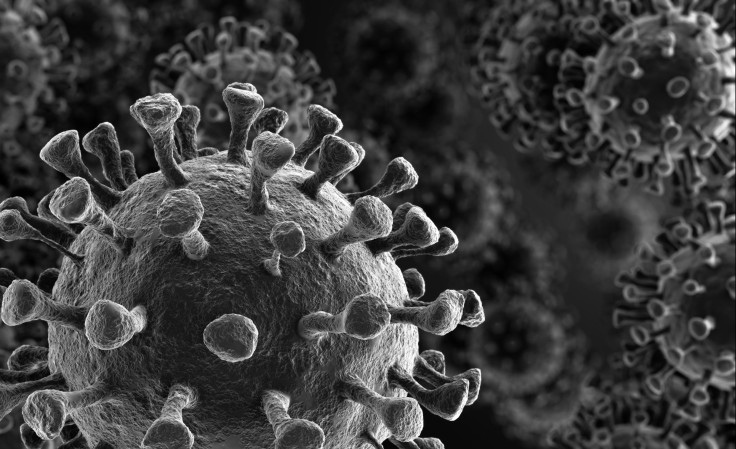Some people may naturally be immune to the novel coronavirus virus if they have been exposed to other flu viruses of the same family. These are the findings of new research published in the journal Science.
The research, published on Tuesday, August 4, explains the phenomenon of “T-cell memory.” This type of memory allows the blood cells to act against types of infections that the body may have been exposed to or has encountered before. According to the scientists, nearly 20 to 50 percent of the people show what is known as "significant T cell reactivity" against the novel coronavirus, even though they have not been exposed to it before.
The team has not yet researched to prove that T-cell memory does exist. But the study "could explain aspects of differential COVID-19 clinical outcomes, influence epidemiological models of herd immunity, or affect the performance of COVID-19 candidate vaccines."
Most of the viruses from the coronavirus family lead to mild to moderate respiratory symptoms in the human hosts that they infect. T-cells, which are a type of white blood cells, launch an attack against the foreign virus and helo fight off.
The novel coronavirus is also from the same family as the virus which causes normal flu and the researchers note that T-cells produced against normal flu may also help keep the novel coronavirus at bay.
Currently, there are no proven treatments available for COVID-19. Several researchers and pharmaceutical companies around the world are working toward the development of a safe and effective coronavirus vaccine.
On the other hand, plasma therapy and antibody treatment are being studied as possible treatment options to manage patients who are hospitalized with COVID-19.
The U.S. President Donald Trump has often touted the anti-malarial drug hydroxychloroquine as an effective treatment and prevention against COVID-19.
However, the scientific community across the world, even in the U.S., has advised against the use of hydroxychloroquine because there are no proven benefits. It has been associated with an increased risk of palpitations in patients who are administered the drug.
The drug Remdesivir has shown some efficacy against the novel coronavirus. It works by preventing the virus from replicating in the human host. The drug has received emergency use authorization by the U.S. Food and Drug Authority (FDA), it has not been officially approved for the treatment and prevention of COVID-19.

© 2025 Latin Times. All rights reserved. Do not reproduce without permission.




